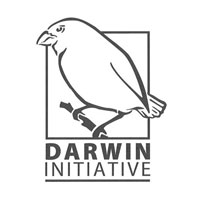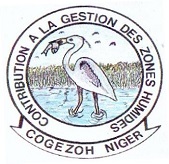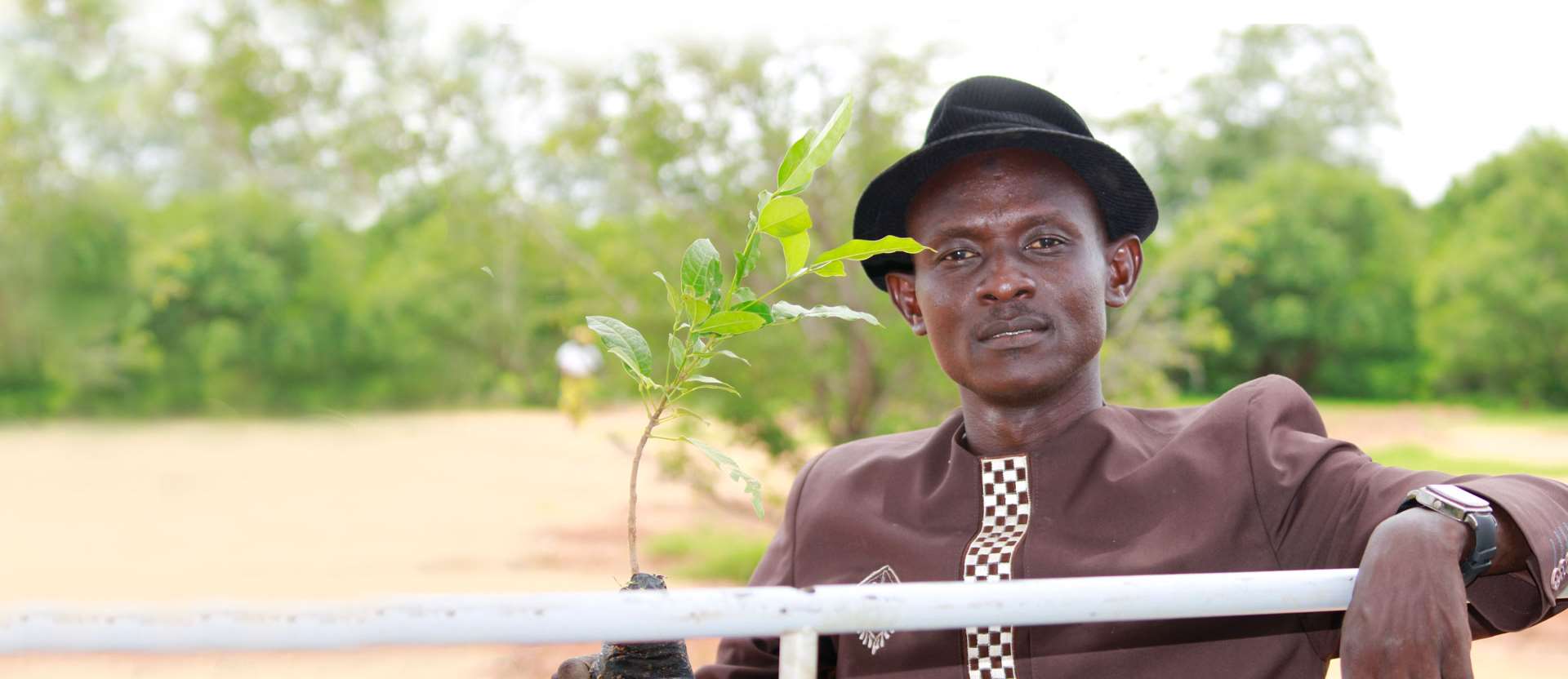
Protecting & restoring Tamou
Protecting and restoring the ecosystem in the Tamou region of Park W and supporting livelihoods.Why is this project needed?
Niger is one of the world’s poorest countries where almost three-quarters of the population live in extreme poverty. Hunger is a major issue as many families struggle to grow enough food on their degraded land.
Niger's Park W is home to a vast array of wildlife. But as more trees are cleared to make room for farms, animals are being forced out of their homes and into local villages where they cause human-wildlife conflict. This is when displaced animals cause damage to people's homes, crops, and cattle.
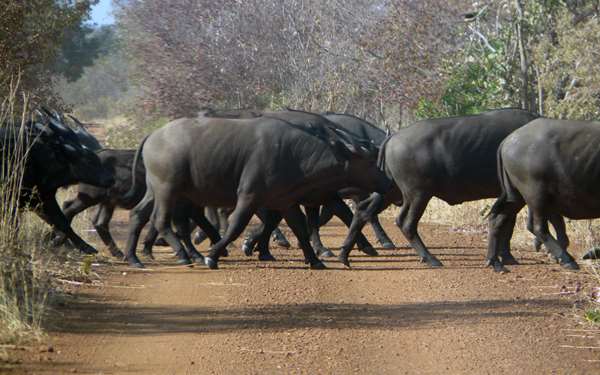

Our aims
Working with farmers, this project aims to restore and manage the land to benefit communities now, and for the future. Communities will grow threatened indigenous tree species and plant them in the community. We will support the creation of community forest management patrols that will protect the local forests. 120 people will be trained to reduce human-wildlife conflict.
The project will also empower people to join enterprise groups and learn how to process and sell tree products, increasing their household income.
Our impact
Two years since the project began, locals have already grown 40,000 trees, half of which have already been planted in the community. 12 villages have established committees and plans to manage their land and trees. 770 farmers have been trained and are now restoring the land. And almost 2,000 people have learned how to prevent human-wildlife conflict, putting us ahead of target.
We have also supported women’s enterprise groups with the tools and training they need to help them process and sell tree products.
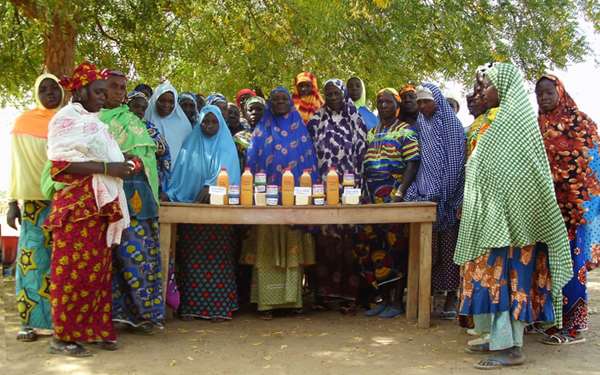
Our partners
This project has been made possible with funding from The Darwin Initiative and other match funding. We are working with local partners to implement the project including Contribution a la Gestion des Zones Humides (COGEZHO).
